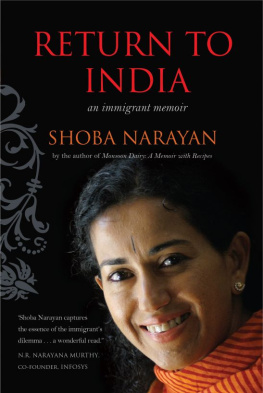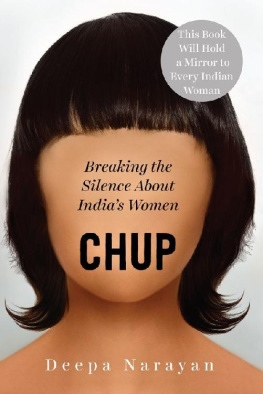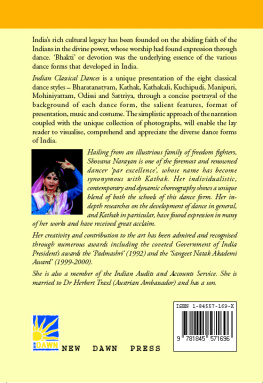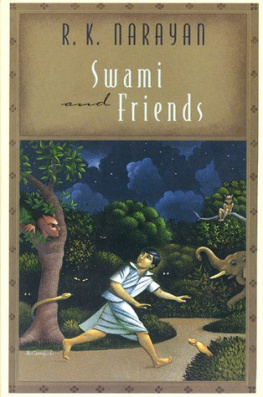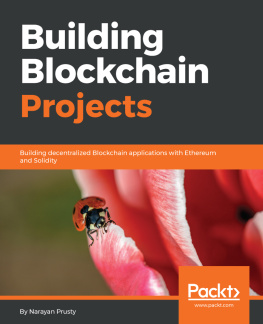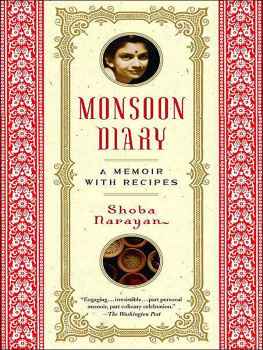
Culture and Emotional Economy of Migration
This book studies how the act of migration is a motivating constituent in the production of popular culture in both the homeland and the destination. It looks at the formations of cultures in the process of identity-making of approximately 200 million Indians scattered across the world, from colonial to contemporary times. The volume is an in-depth exploration of the flow of cultures and their interactions through a study of north Indian migrants who underwent two waves of emigration from the Bhojpuri region to the Dutch colony of Suriname between 1873 and 1916 to work on sugar, coffee, cotton and cocoa plantations, and their descendants who moved to The Netherlands following the Surinamese independence in 1975. It compares this complex network of cultures among the migrants to the folk culture of the Bhojpuri region from where large-scale migration is still taking place. The work draws on archival records, secondary literature, folk songs, rare photographs, and extensive fieldwork across continents the Bhojpuri region, Mumbai, Surat and Ghaziabad in India, and Suriname and The Netherlands.
This second edition marks the 150th Anniversary of the Abolition of Indentured Labour. With a new prologue, an updated introduction and some revisions to the text, it will be useful to scholars and researchers of cultural studies, labour studies, sociology, modern Indian history, migration and diaspora studies. It will also interest the Indian diaspora, especially in Europe and the Americas.
Badri Narayan is Professor at the Centre for the Study of Discrimination and Exclusion, School of Social Sciences, Jawaharlal Nehru University, New Delhi, India. He previously taught at the G.B. Pant Social Science Institute, Allahabad. His research interests range from popular culture, social and anthropological history to Dalit and subaltern issues. Writing in English and Hindi, Narayan is the author of Kanshiram: Leader of the Dalits (2014), The Making of the Dalit Public in North India: Uttar Pradesh, 1950 Present (2011), Fascinating Hindutva: Saffron Politics and Dalit Mobilisation (2009), and Women Heroes and Dalit Assertion in North India (2006). He has been the recipient of the Fulbright Senior Fellowship (20045) and the Smuts Fellowship, University of Cambridge (2007).
Culture and Emotional Economy of Migration
Second Edition
Badri Narayan
Second edition published 2019
by Routledge
2 Park Square, Milton Park, Abingdon, Oxon OX14 4RN
and by Routledge
711 Third Avenue, New York, NY 10017
Routledge is an imprint of the Taylor & Francis Group, an informa business
2019 Badri Narayan
The right of Badri Narayan to be identified as author of this work has been asserted by him in accordance with sections 77 and 78 of the Copyright, Designs and Patents Act 1988.
All rights reserved. No part of this book may be reprinted or reproduced or utilised in any form or by any electronic, mechanical, or other means, now known or hereafter invented, including photocopying and recording, or in any information storage or retrieval system, without permission in writing from the publishers.
Trademark notice: Product or corporate names may be trademarks or registered trademarks, and are used only for identification and explanation without intent to infringe.
First edition published by Routledge 2017
British Library Cataloguing-in-Publication Data
A catalogue record for this book is available from the British Library
Library of Congress Cataloging-in-Publication Data
A catalog record for this book has been requested
ISBN: 978-0-367-00119-3 (hbk)
ISBN: 978-0-4294-4361-9 (ebk)
Typeset in Bembo
by Apex CoVantage, LLC
Dedicated to my friends Susan and Mauritss
This book is based on two projects: BIDESIA Exhibition and Research on the Dynamics of Migration, Social Development and Cultural Identity and Migration and Cultural Traditions of Bhojpuri Region. It has drawn from the significant research and academic contribution of Maurits Hassankhan, Narinder Mohkamsingh, Elizabeth den Boer, and Sahiensha Ramdas (Suriname), Susan Legene and Chitra Gajadin (the Netherlands), and Mousumi Majumder and Nivedita Singh (India).
(Who Migrated and why: the bidesia story) evolved from the Indian Report.
(Bidesia and settlement histories in Suriname) evolved from sections of the Suriname report of the Bidesia project (by Maurits Hassankhan and team) published in the resource book Kahe Gaile Bides (Allahabad: Mango Books, 2010).
(Double migration and the process of readjustment) evolved from sections of the Netherlands report of the Bidesia project (by Chitra Gajadin) published in the resource book Kahe Gaile Bides (Allahabad: Mango Books, 2010).
(Bidesia folk culture in the triangle) evolved from a combination of India and the Netherlands reports and a section of the Surinamese reports (by Narinder Mohkamsingh and Sahiensha Ramdas) of the Bidesia project published in the resource book Kahe Gaile Bides (Allahabad: Mango Books, 2010).
(Still they are migrating) evolved from the Indian Report.
Kai Kehli Chukwa Ki Choral Mulukwa Tu?
Kehal Na Dilwa Ke Halia Balmua
(What crime have I committed that you left the country and did not tell me your feelings before leaving?)
Bhikhari Thakur, Bidesia (Yadav and Sinha 2005: 37)
This second edition of the book Culture and Emotional Economy of Migration is being published to mark the 100th anniversary of the indentured system that came to an end in 1917. As part of this system, within a period of 8090 years, about two million Indian contractual labourers (a form of slavery) were sent to work in the plantations owned by European masters. Indian migrant labourers were sent to 19 countries worldwide within this system. With the emergence of colonialism, labourers were brought in to work globally in various plantations, first as slaves, and after the abolition of slavery, as indentured labourers, especially from India at cheap rates. These indentured labourers were made to do backbreaking work, often in inhuman conditions. Within the indentured system of migration, labourers that were sent to Mauritius, Suriname, South Africa, and other countries as migrants forcefully or willingly is a matter of debate amongst historians. Some argue that these were forced migrations; others find evidences wherein families willingly accepted the indentured system without any coercion. It is difficult to say which of these two positions is correct. It may be that both schools of historians are partly correct. Another possibility is that the majority were forced and allured into the system, while a few others might have accepted it willingly. But one thing is certain migration caused separations of families. Somewhere wives were left behind; somewhere it were mothers, sisters, sons or fathers each of them pining for the ones who were snatched, taken away or had left on their own to faraway lands. These created emotional, social, cultural and other problems in homelands and at destinations. Old families were left behind, broken, while new families were created. A large number of these migrant labourers returned to India after their contract was served. The returned migrants told of the miseries and inhuman working conditions in the plantations at the destinations. Most of them faced many hardships in India. But their narratives became the fountainhead of protests and revolutions, inspiring the nationalist leaders to raise their voices against the indentured system in India.




